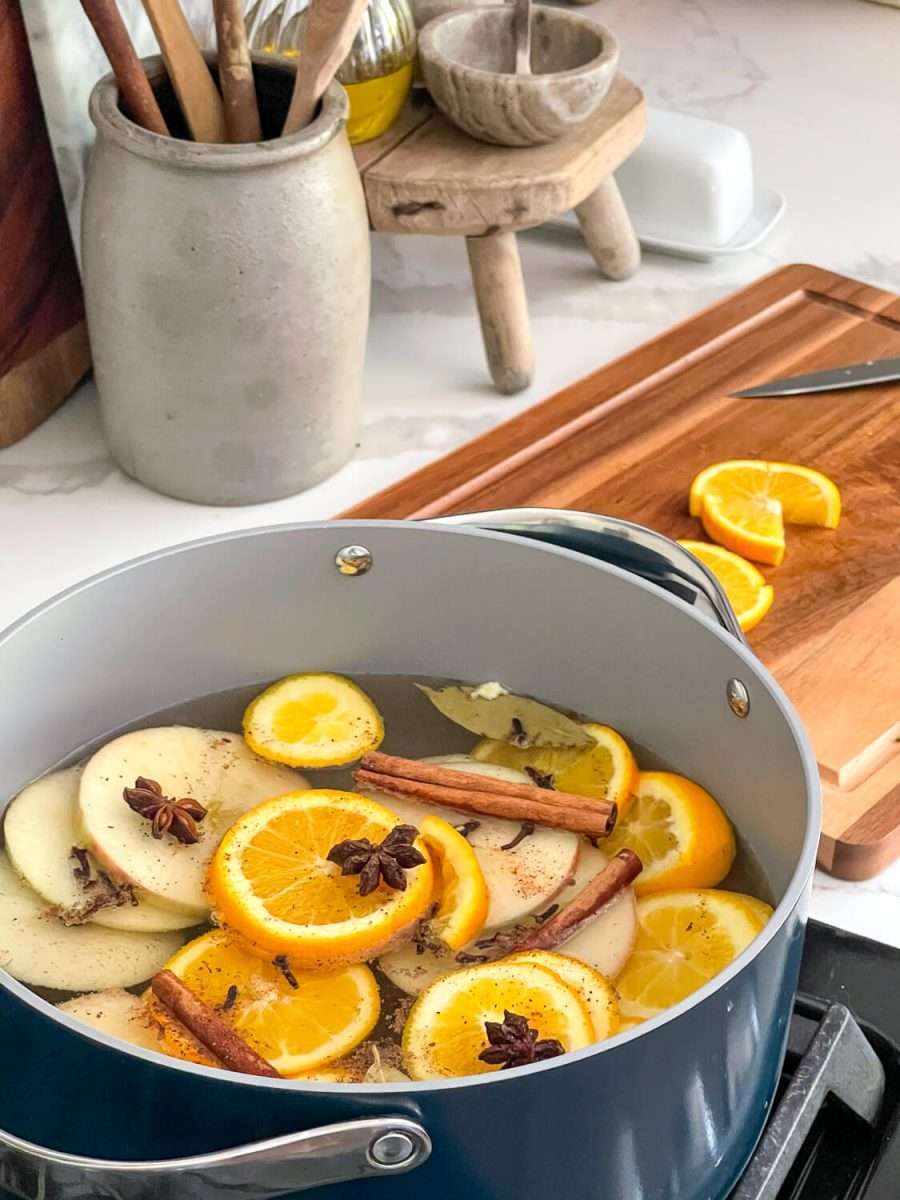Improve the air quality in your home by simply boiling certain natural ingredients! In this article (What Can You Boil to Purify the Air?), you’ll discover the surprising power of boiling everyday kitchen items to purify the air around you. From citrus peels and cinnamon sticks to herbs and essential oils, find out how these simple solutions can freshen up your living space and create a more pleasant and healthy environment for you and your loved ones. Say goodbye to stale air and hello to a breath of fresh, purified air with these easily accessible and natural remedies!
Boiling Water
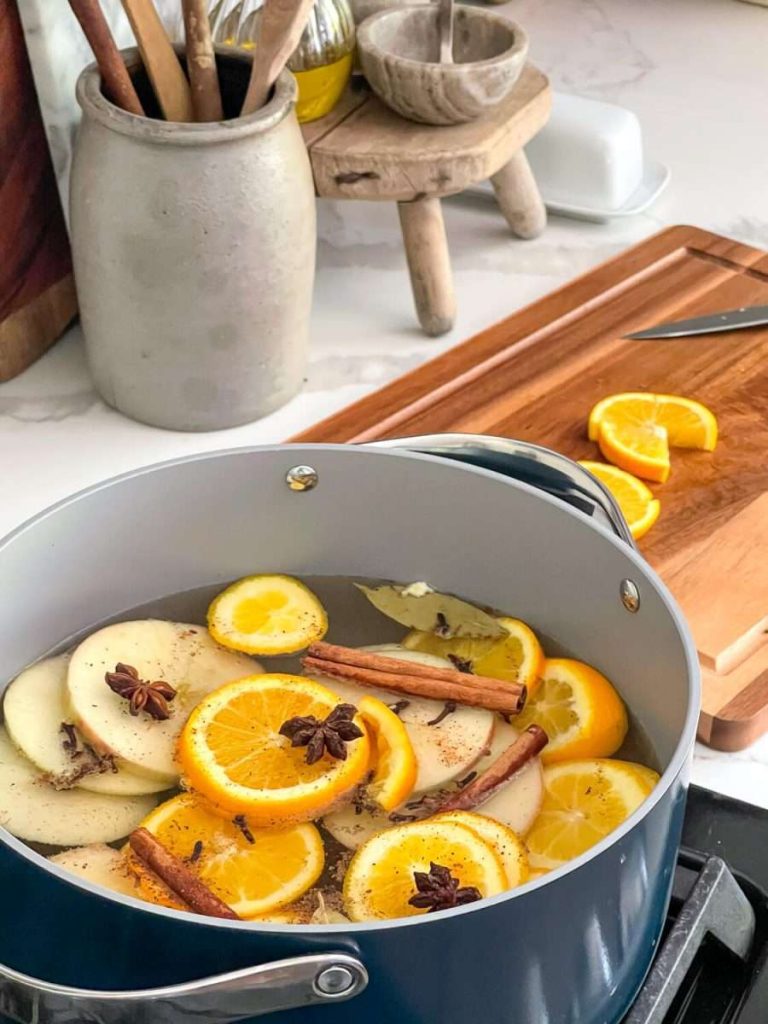
Introduction
Boiling water is a simple and effective method to purify the air in your home. This natural technique has been used for centuries to remove impurities and create a cleaner living environment. By understanding how boiling water works, its benefits, considerations, and best practices, you can easily incorporate this method into your daily routine and enjoy the many advantages it offers.
How it Works
When you boil water, the high temperature causes the water molecules to break apart and transform into vapor in the form of steam. This process helps to release water molecules into the air, adding moisture to the dry indoor environment. As the steam evaporates, it carries away particles and allergens present in the air, effectively purifying and refreshing it. Boiling water can also help to eliminate odors, as the steam can trap and remove unpleasant smells.
Benefits
Boiling water offers several benefits when it comes to purifying the air in your home. Firstly, it helps to increase the humidity levels, especially during dry seasons or in areas with arid climates. Adequate humidity not only improves indoor air quality but also provides relief from dry skin, irritated sinuses, and respiratory issues. Additionally, boiling water effectively removes impurities, such as dust, pollen, and pet dander, which can trigger allergic reactions. By purifying the air, boiling water creates a healthier living space, reducing the likelihood of respiratory ailments and improving overall well-being.
Considerations
While boiling water is a safe and natural method to purify the air, there are a few considerations to keep in mind. Firstly, make sure to use a pot or kettle specifically designated for boiling water, as certain materials, like plastic, may release harmful substances when heated. Additionally, be cautious when handling boiling water to prevent burns or scalds. Children and pets should be kept away from boiling water to ensure their safety. It is also important to monitor the water level in the pot or kettle to avoid any accidents or damage to your stovetop.
Best Practices
To effectively purify the air using boiling water, follow these best practices. Start by filling a pot or kettle with clean, filtered water. Bring it to a full boil over high heat on the stove. Allow the water to boil for at least 10-15 minutes to achieve optimal purification. Throughout the boiling process, make sure to keep a close eye on the water level and adjust the heat as necessary. You can enhance the effects of boiling water by incorporating essential oils, herbs, or spices into the boiling water. This will not only purify the air but also fill your home with delightful aromas.
Essential Oils
Introduction
Essential oils have gained popularity in recent years due to their numerous health benefits and pleasant scents. Beyond their aromatic qualities, certain essential oils can also be boiled to purify the air in your home. Let’s explore the types of essential oils that are suitable for boiling, their benefits, considerations, and best practices for achieving cleaner and fresher indoor air.
Types of Essential Oils
Essential oils come in a wide range of types, each with its own set of uses and advantages. When it comes to purifying the air through boiling, some popular essential oils include eucalyptus, tea tree, lavender, and lemon. These oils contain natural compounds that possess antimicrobial, antiseptic, and decongestant properties, making them effective in eliminating airborne bacteria and viruses. Their pleasant scents also help to create a refreshing and relaxing environment.
Benefits
Boiling essential oils not only purifies the air but also provides additional therapeutic benefits. Eucalyptus oil, for example, can relieve congestion and sinus discomfort, making it ideal during the cold and flu season. Tea tree oil has powerful antibacterial properties, which can help combat airborne germs. Lavender oil promotes relaxation and reduces stress, creating a calming atmosphere. Lemon oil, known for its uplifting scent, can also enhance mood and energy levels. By boiling essential oils, you can experience both the physical and emotional benefits they offer.
Considerations
While essential oils are generally safe to use, there are a few considerations to keep in mind. Some individuals may be sensitive or allergic to certain oils, so it is important to test for any adverse reactions before boiling them. Additionally, ensure that the essential oils you use are of high quality, pure, and free from synthetic additives. Always follow the recommended number of drops, as using too much oil may overpower the scent and potentially cause respiratory irritations. Essential oils should be stored safely and kept out of the reach of children and pets.
Best Practices
To achieve the best results when boiling essential oils, follow these practices. Begin by filling a pot with water, preferably distilled or filtered, and bring it to a simmer. Once the water is simmering, add a few drops of your chosen essential oil to the pot. One should begin with a low dose and increase it if needed. Allow the water to continue simmering for about 20-30 minutes to release the aromatic molecules into the air. Always make sure there’s enough water and add more if it gets low. Remember to turn off the heat and discard the water once you have finished enjoying the pleasant scents.
Herbs and Spices
Introduction
Herbs and spices not only add flavor to our meals but also offer a natural way to purify the air in our homes. Boiling certain herbs and spices releases their pleasant aromas and therapeutic properties, transforming your living space into a wonderfully scented and purified sanctuary. In this section, we will explore various types of herbs and spices that can effectively purify the air when boiled, along with their benefits, considerations, and best practices.
Types of Herbs and Spices
There is a vast array of herbs and spices that can be boiled to purify the air. Some popular options include rosemary, thyme, cinnamon, cloves, and ginger. These botanicals possess natural antimicrobial properties, making them excellent choices for eliminating airborne bacteria and viruses. They also provide delightful scents that infuse the air with warmth, comfort, and a touch of natural goodness.
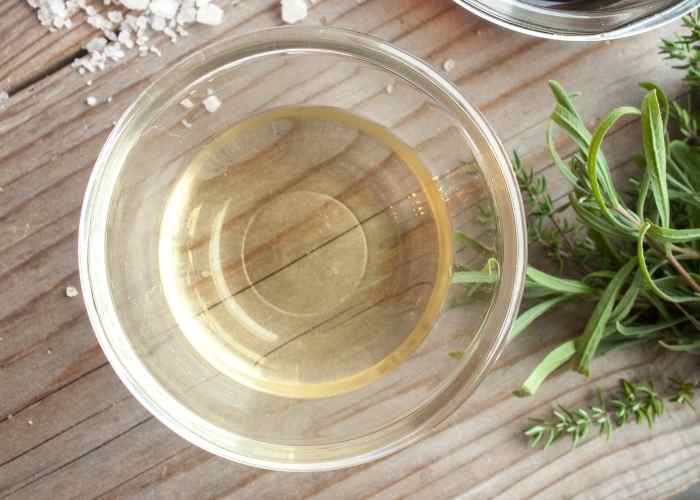
Benefits
Boiling herbs and spices offers a range of benefits beyond air purification. The aromatic compounds released during boiling have been known to enhance mood, reduce stress, and promote relaxation. For example, rosemary has been linked to improved memory and cognitive function, while cinnamon has been associated with increased mental alertness. By harnessing the power of herbs and spices in the form of steam, you can create an atmosphere that stimulates both your physical and mental well-being.
Considerations
While boiling herbs and spices is generally safe, there are a few considerations to keep in mind. Some people may be allergic to or sensitive to plants. It is advisable to test for any adverse reactions before using them for air purification. Additionally, be cautious when simmering strong spices like cloves, as they can have an overpowering scent. Ensure proper ventilation in your home to avoid an overly concentrated aroma. Keep herbs and spices out of reach of pets to prevent accidental ingestion.
Best Practices
To effectively purify the air with herbs and spices, follow these best practices. Start by filling a pot with water and adding your chosen herbs or spices. You can use them individually or create delightful combinations for a unique aroma. Bring the water to a simmer over low heat, allowing the steam to carry the aromatic molecules into the air. Be sure to monitor the water level and top it off as necessary. Simmer the herbs and spices for approximately 20-30 minutes to fully enjoy their refreshing scents. Once you are finished, turn off the heat and discard the water.
Citrus Fruits
Introduction
Citrus fruits not only provide a refreshing burst of flavor but can also be utilized to purify the air in your home. By boiling certain citrus fruits, you can release their invigorating scents and enjoy the benefits they offer. Discover the various types of citrus fruits suitable for boiling, their unique characteristics, benefits, considerations, and best practices to effortlessly purify your indoor air and add a touch of citrusy freshness.
Types of Citrus Fruits
When it comes to boiling citrus fruits for air purification, popular options include lemons, oranges, and grapefruits. These fruits contain natural oils and compounds that provide an uplifting and invigorating aroma. Lemons, in particular, are known for their antibacterial and antiviral properties, making them effective in eliminating airborne germs. Oranges and grapefruits bring a delightful citrusy scent to the air, creating a vibrant and energizing atmosphere.
Benefits
Boiling citrus fruits not only fills your home with delightful fragrances but also offers additional benefits. The aromatic compounds released during boiling can have mood-enhancing effects, promote relaxation, and may even help improve concentration. The fresh scents of citrus fruits can uplift your spirits and create a more positive ambiance. Moreover, the natural antimicrobial properties of citrus fruits make them an excellent choice for purifying the air, helping to eliminate germs and bacteria.
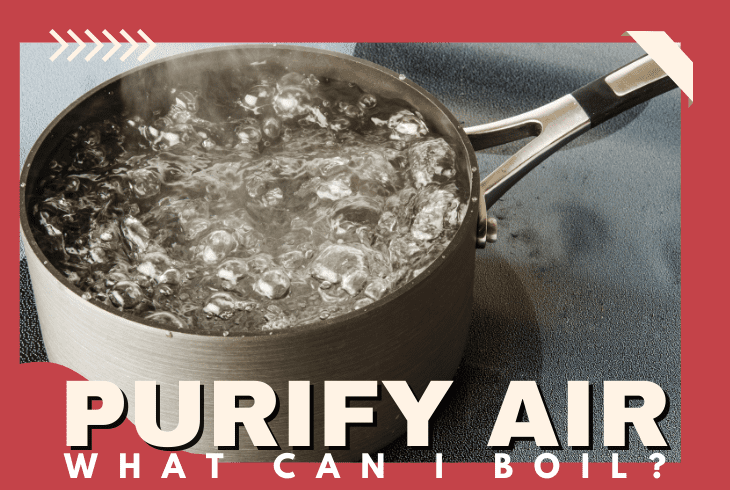
Considerations
While boiling citrus fruits is generally safe, it is important to consider a few aspects. Citrus fruits, especially the peels, can release an oil that may be irritating to some individuals. If you have sensitive skin or respiratory conditions, it is advisable to test for any adverse reactions before boiling citrus fruits for air purification. Additionally, ensure that the fruits you use are fresh and free from any synthetic coatings or waxes. Remove any seeds or membranes before boiling to prevent bitterness in the aroma.
Best Practices
To achieve optimal air purification with citrus fruits, follow these best practices. Begin by slicing the citrus fruits into thin rounds, ensuring to remove any seeds or membranes. Fill a pot with water and add the fruit slices, bringing the water to a gentle simmer. Allow the water to simmer for around 20-30 minutes, releasing the aromatic oils into the air. Be sure to monitor the water level and top it off as necessary. Enjoy the invigorating scents that fill your home, uplift your mood, and purify the air. Once you have finished, turn off the heat and discard the water.
Vinegar
Introduction
Vinegar, a common household ingredient, is not only versatile in culinary applications but also effective in purifying the air. Boiling vinegar releases its acidic properties into the air, providing a natural and economical way to freshen and cleanse your indoor environment. In this section, we will explore the types of vinegar suitable for boiling, their benefits, considerations, and best practices to successfully purify the air using this readily available ingredient.
Types of Vinegar
There are several types of vinegar that can be boiled for air purification, including white vinegar, apple cider vinegar, and distilled vinegar. White vinegar, with its strong acidic properties, is often the preferred choice for cleaning and deodorizing purposes. Apple cider vinegar brings a milder scent to the air, offering a pleasant and natural aroma. Distilled vinegar, known for its versatility, can also be used for air purification and odor elimination.
Benefits
Boiling vinegar provides numerous benefits when it comes to purifying the air in your home. The acidic nature of vinegar helps to neutralize and eliminate odors, making it a valuable tool for tackling cooking smells, pet odors, and other unpleasant scents. Additionally, vinegar has antimicrobial properties, which can assist in eliminating bacteria and other germs present in the air. By boiling vinegar, you can effectively freshen and cleanse your indoor environment without relying on harsh chemicals.
Considerations
While boiling vinegar is generally safe, it is essential to consider a few factors. Vinegar has a strong scent that may be overpowering to some individuals. Ensure proper ventilation in your home while boiling vinegar to avoid an overly concentrated aroma. Additionally, avoid using vinegar on surfaces or materials that can be damaged by acidity, such as marble or certain metals. Always dilute vinegar with water when using it for cleaning purposes.
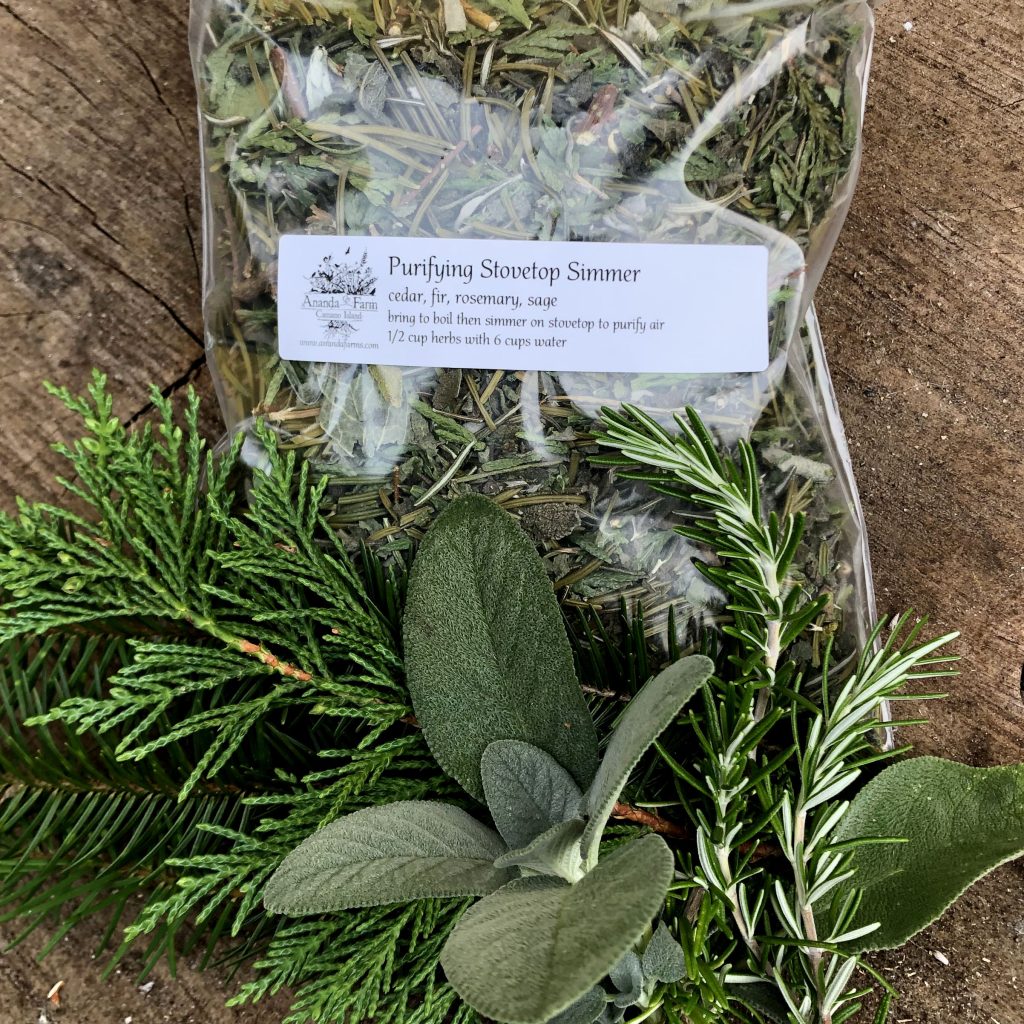
Best Practices
To successfully purify the air with vinegar, follow these best practices. Begin by adding a small amount of vinegar to a pot and diluting it with water. The ratio of vinegar to water can vary based on personal preference, but a common guideline is one part vinegar to three parts water. Stir the mixture to combine it thoroughly. Place the pot on the stovetop and bring the solution to a gentle simmer. Allow the vinegar and water mixture to simmer for approximately 15-30 minutes, allowing the steam to carry away unwanted odors and purge the air. Once you have finished, turn off the heat and allow the pot to cool before discarding the solution.
Tea
Introduction
Tea, the beloved beverage enjoyed by millions worldwide, can also be utilized for purifying the air in your home. Boiling certain types of tea releases their delightful aromas and therapeutic properties, creating a calming and refreshing atmosphere. Let’s explore the various types of tea that are suitable for boiling, their benefits, considerations, and best practices for achieving cleaner and fresher indoor air.
Types of Tea
There is a vast array of tea varieties that can be boiled for air purification. Some popular choices include green tea, chamomile tea, peppermint tea, and lavender tea. Green tea contains antioxidants and natural compounds that can help eliminate toxins and cleanse the air. Chamomile tea, renowned for its soothing properties, can create a relaxing and serene environment. Peppermint tea has invigorating scents that can rejuvenate the air, while lavender tea offers a delicate and pleasant aroma.
Benefits
Boiling tea not only purifies the air but also provides additional health benefits. Different types of tea have unique therapeutic properties that can positively affect your well-being. For example, green tea is known for its antioxidant properties, which can neutralize harmful free radicals in the air. Chamomile tea promotes relaxation and helps to alleviate stress and anxiety. Peppermint tea has invigorating effects that can enhance focus and mental clarity. Lavender tea has calming properties, aiding in promoting a restful night’s sleep. By boiling tea, you can enjoy both the aromatic scents and the positive impact on your health.
Considerations
While boiling tea is generally safe and beneficial, there are a few considerations to keep in mind. Some individuals may be sensitive to certain types of tea or may have allergies to specific botanicals. It is advisable to test for any adverse reactions before boiling tea for air purification. Additionally, ensure that the tea you are using is of high quality and free from any synthetic additives. Keep tea bags or loose leaves away from children and pets to prevent accidental ingestion.
Best Practices
To achieve the best results when boiling tea for air purification, follow these practices. Begin by selecting your desired type of tea and preparing it according to the instructions provided. Tea bags should be steeped for the specified amount of time. Put some water in a kettle and bring it to a low boil. Once the water is simmering, add the prepared tea to the pot and allow it to simmer for approximately 20-30 minutes. Ensure that the water level remains sufficient and add more if needed. Breathe in the delightful scents of the tea as it purifies the air in your home. Once you have finished, turn off the heat and discard the water.
Lemon Water
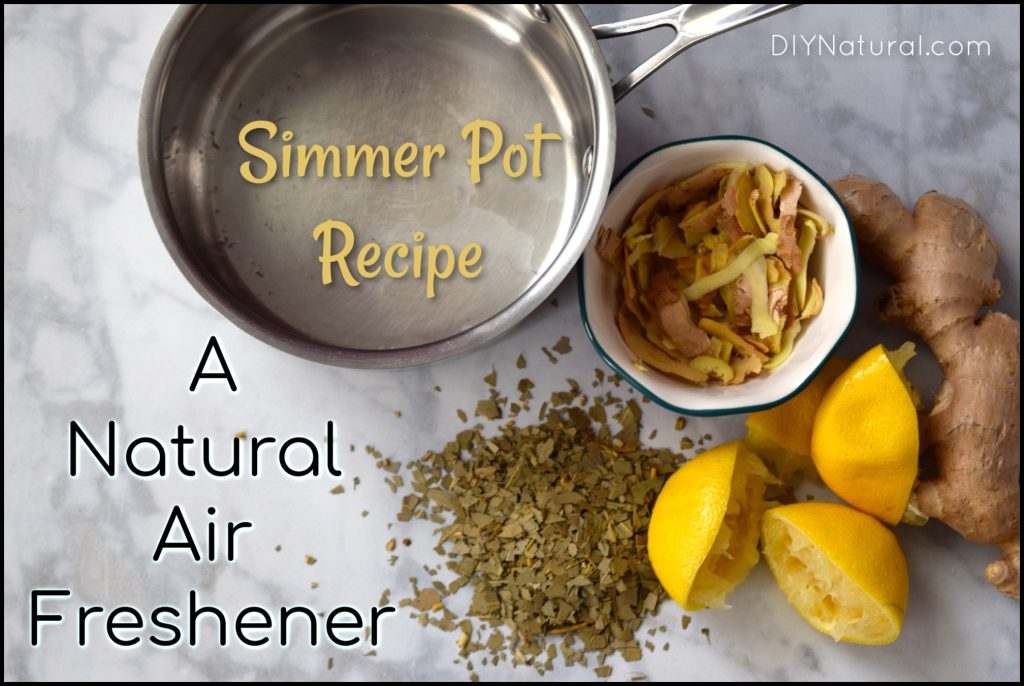
Introduction
Lemon water, a refreshing and hydrating beverage, can also be utilized to purify the air in your home. By boiling water with lemon slices, you can not only infuse the air with a delightful citrusy aroma but also experience the numerous benefits lemons offer. In this section, we will explore the benefits of boiling lemon water for air purification, considerations to keep in mind, and best practices to enjoy the fresh and invigorating scent it provides.
Benefits
Boiling lemon water is a simple and effective way to purify the air while providing additional benefits. Lemons are rich in vitamin C and possess natural antimicrobial properties, making them effective in eliminating germs and bacteria present in the air. The aroma of lemon water can uplift your mood and create a positive ambiance. Additionally, lemon water can help neutralize unpleasant odors, leaving your home smelling fresh and clean.
Considerations
When boiling lemon water, it is important to consider a few factors. Citrus fruits might cause reactions in certain people. It is advisable to test for any adverse reactions before boiling lemon water for air purification. Additionally, ensure that the lemons you are using are fresh and free from synthetic coatings or waxes. Remove any seeds or pith from the lemon slices before adding them to the water. It is also essential to have proper ventilation in your home to avoid an overpowering citrus scent.
Best Practices
To effectively purify the air with lemon water, follow these best practices. Begin by slicing a fresh lemon into thin rounds and removing any seeds or pith. Fill a pot with water and add the lemon slices. Bring the water to a gentle simmer over low heat, allowing the steam to carry the citrusy scent into the air. Keep a close eye on the water level and replenish it as needed. Allow the lemon water to simmer for approximately 20-30 minutes to fully enjoy its invigorating aroma. Once you have finished, turn off the heat and discard the water.
Coffee
Introduction
Coffee, the beloved beverage that kickstarts our mornings, can also be utilized to purify the air in your home. When coffee is boiled, its rich aroma fills the air, creating a comforting and cozy atmosphere. In this section, we will explore the benefits of boiling coffee for air purification, considerations to keep in mind, and best practices to enjoy the indulgent scent it provides.
Benefits
Boiling coffee not only purifies the air but also provides additional aromatic benefits. The rich scent of coffee can create a warm and inviting ambiance, making your home feel cozy and comfortable. This comforting aroma can help reduce stress and anxiety, offering a soothing effect on your overall well-being. The familiar scent of coffee is also known to evoke pleasant memories and increase alertness, helping you feel refreshed and energized.
Considerations
While boiling coffee is generally safe and enjoyable, there are a few considerations to keep in mind. Some individuals may have sensitivities to caffeine or may wish to avoid consuming additional caffeine. If you have concerns about caffeine intake, you can use decaffeinated coffee for boiling to enjoy the aroma without the stimulant effects. Additionally, ensure that the coffee you use is of high quality and free from any additives. Keep coffee grounds or brewed coffee away from children and pets to prevent accidental ingestion.
Best Practices
To achieve the best results when boiling coffee for air purification, follow these best practices. Begin by selecting your preferred type of coffee – ground or whole bean. Fill a pot with water and add the coffee to the pot according to your taste preferences. Bring the water to a gentle boil over low heat, allowing the aromatic compounds from the coffee to permeate the air. Ensure that the water level remains sufficient and add more if needed. Breathe in the comforting scents of coffee as it purifies the air in your home. Once you have finished, turn off the heat and discard the coffee grounds.
Apple Cider
Introduction
Apple cider, a popular autumnal beverage, can also be utilized to purify the air in your home. Boiling apple cider emits a delightful aroma, reminiscent of freshly picked apples, creating a cozy and inviting atmosphere. In this section, we will explore the benefits of boiling apple cider for air purification, considerations to keep in mind, and best practices to enjoy the warm and comforting scent it provides.
Benefits
Boiling apple cider not only purifies the air but also infuses your home with the pleasant scent of apples and spices. The aroma of apple cider can evoke feelings of warmth, nostalgia, and comfort. It creates an inviting atmosphere, perfect for cozy gatherings or relaxing evenings at home. Additionally, the spices present in apple cider, such as cinnamon and cloves, contain natural antimicrobial properties, aiding in purifying the air and eliminating germs.
Considerations
While boiling apple cider is generally safe and enjoyable, there are a few considerations to keep in mind. Ensure that the apple cider you use is of high quality and free from any additives or artificial sweeteners. Some individuals may have sensitivities to certain spices used in apple cider, such as cinnamon or cloves. It is advisable to test for any adverse reactions before boiling apple cider for air purification. Keep apple cider away from children and pets to prevent accidental ingestion.
Best Practices
To successfully purify the air with apple cider, follow these best practices. Begin by selecting 100% pure apple cider without any artificial additives. Pour the apple cider into a pot and add spices such as cinnamon sticks, cloves, or star anise to enhance the aroma. Bring the mixture to a gentle simmer over low heat, allowing the fragrant scents to spread throughout your home. Keep a close eye on the pot and add more cider or spices if desired. Allow the apple cider to simmer for approximately 20-30 minutes to fully enjoy its comforting fragrance. Once you have finished, turn off the heat and discard the apple cider.
Onion Water
Introduction
While onions may not be the first ingredient that comes to mind for air purification, boiling onion water can surprisingly help cleanse and freshen the air in your home. In this section, we will explore the benefits of boiling onion water, considerations to keep in mind, and best practices to make the most of its purifying properties.
Benefits
Boiling onion water releases the pungent and powerful aroma of onions, which can help neutralize odors and cleanse the air. Onions contain sulfur compounds that possess natural antibacterial properties, making them effective in eliminating airborne germs and bacteria. Additionally, the distinct scent of onions can help freshen up your living space, creating a more pleasant environment.
Considerations
While boiling onion water is generally safe and effective, there are a few considerations to keep in mind. Some individuals may have sensitivities or allergies to onions or the compounds they contain. It is advisable to test for any adverse reactions before boiling onion water for air purification. Ensure that the onions you use are fresh and free from any signs of spoilage. Keep onion water out of reach of children and pets to prevent accidental ingestion.
Best Practices
To make the most of the purifying effects of onion water, follow these best practices. Begin by peeling and slicing an onion into thin rounds or small pieces. Fill a pot with water and add the onion slices to it. Bring the water to a gentle simmer over low heat, allowing the pungent aroma of the onions to permeate the air. Keep a close eye on the water level and add more as needed. Allow the onion water to simmer for approximately 20-30 minutes to fully enjoy its purifying properties. Once you have finished, turn off the heat and discard the water.
Incorporating boiling water, essential oils, herbs, spices, citrus fruits, vinegar, tea, lemon water, coffee, apple cider, and onion water into your daily routine can significantly improve the air quality in your home. Experiment with different combinations and scents to create a personalized and refreshing atmosphere that promotes well-being and comfort. Remember to practice best practices and consider any necessary precautions to ensure a safe and enjoyable experience. Enjoy the benefits of a purified and invigorating living space by harnessing the power of boiling.
Conclusion (What Can You Boil to Purify the Air?)
In conclusion, understanding “What Can You Boil to Purify the Air” is a valuable step toward enhancing the air quality in your living spaces. With the knowledge of these five effective methods, you have the tools to create a healthier and more comfortable environment indoors.
Boiling various natural ingredients, such as herbs, spices, or citrus peels, not only freshens the air but also imparts a pleasant fragrance. Essential oils can further enhance the purification process while adding a soothing atmosphere to your home.
Remember, maintaining good ventilation and proper cleanliness are essential companions to these purification methods. By combining these techniques and being mindful of indoor air quality, you can enjoy a breath of fresh, purified air, contributing to your overall well-being and comfort. So, go ahead and try these methods to experience the benefits of cleaner and fresher indoor air.
You may also like to read the news article: Air purifier and mask sales surge as states deal with air quality issues

